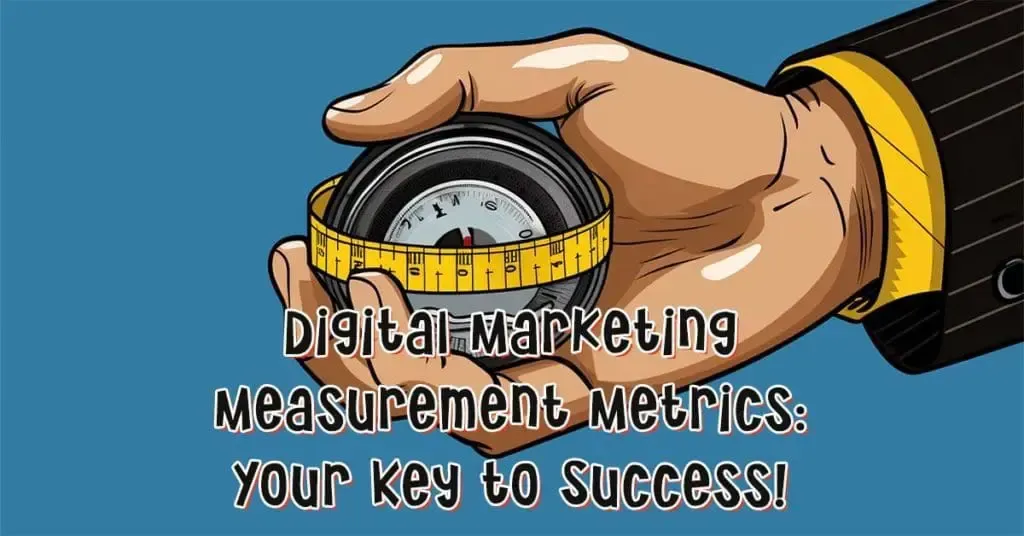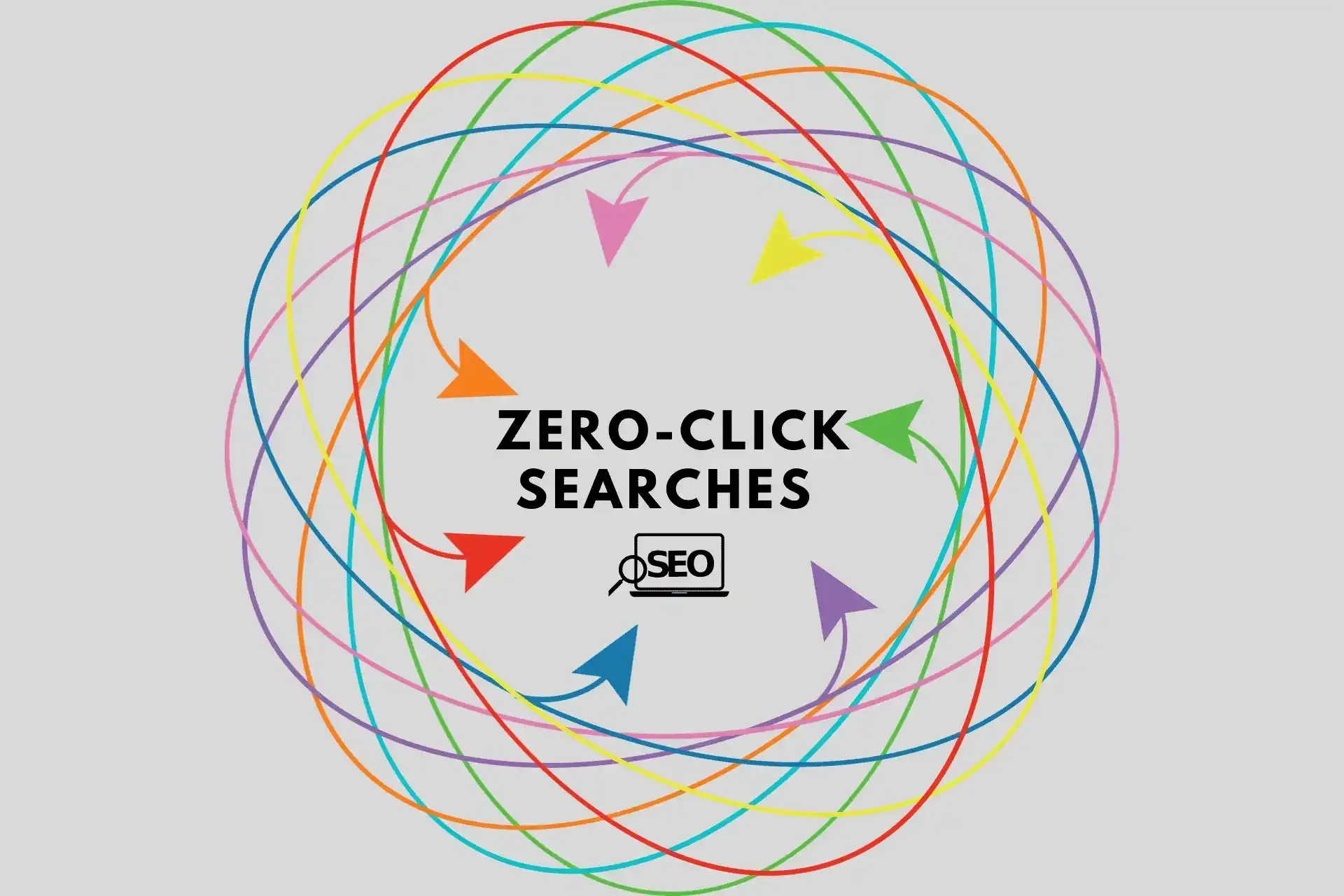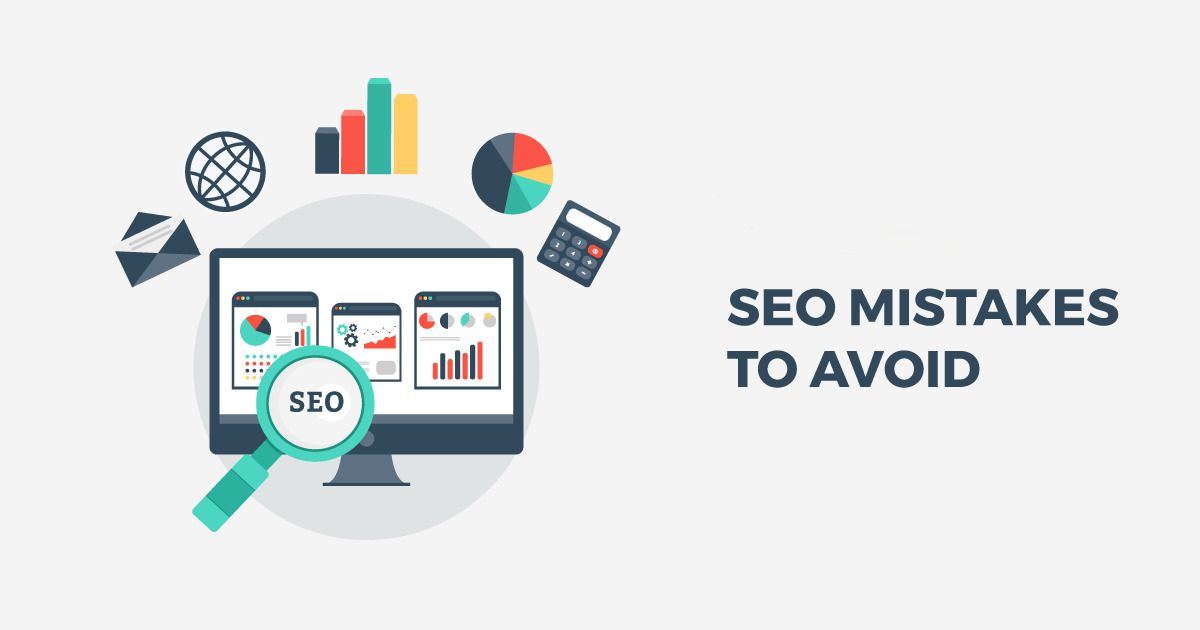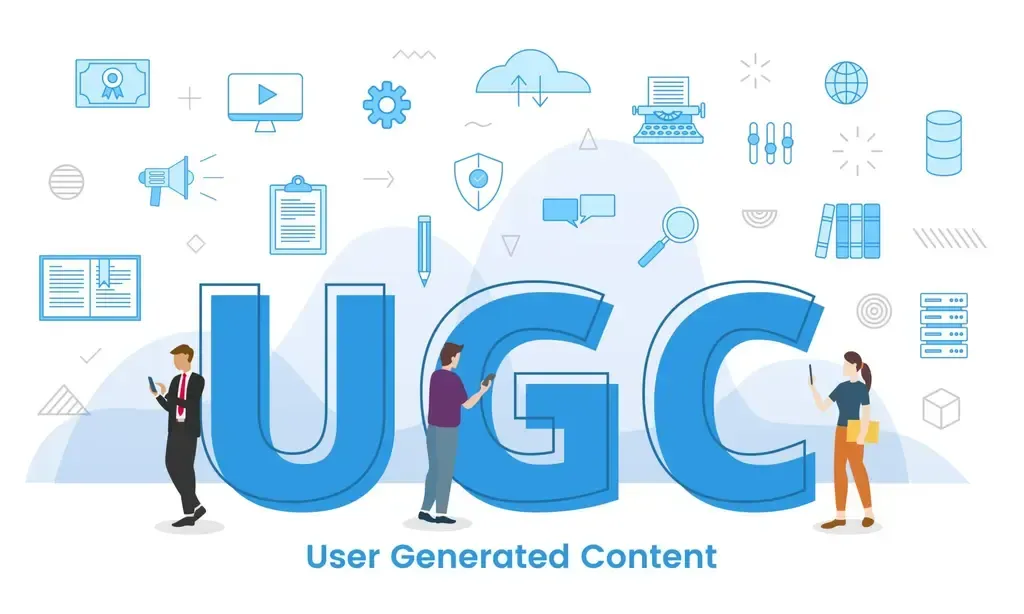The Practical Path to Organic Traffic Growth: A Data-Backed Strategy

The 4-Pillar Framework For Sustainable Organic Growth
In the digital marketing arena, your content strategy might be your most powerful weapon—or your Achilles heel. While everyone's busy chasing the latest viral trend, smart marketers are quietly building traffic engines that deliver thousands of qualified visitors month after month.
Let's cut through the noise: Reaching meaningful visitor growth isn't just possible; it's predictable—when you follow a proven framework.
WHY MOST CONTENT STRATEGIES FAIL (AND HOW WE'LL FIX YOURS)
Let's be brutally honest: If your content isn't ranking by now, you're probably doing something wrong.
Google's Search Generative Experience (SGE), enhanced EEAT standards (Experience, Expertise, Authority, Trustworthiness), and zero-click SERPs have dramatically shifted what works in content marketing. That trusty content playbook from 2020? It's about as relevant as a fax machine in a Zoom meeting.
Here's what I've learned from dozens of brands that break the 10K monthly visitor barrier: Success isn't about content volume—it's about strategic execution.
THE CONTENT PLAYBOOK: WHAT ACTUALLY DRIVES TRAFFIC NOW
Before we dive into the actionable framework, let's clear the cobwebs and establish what belongs in the marketing graveyard:
The Old Way (RIP, 2020s Tactics)
- Keyword stuffing: Google's semantic understanding makes this not just ineffective, but potentially harmful
- Thin, generic "how-to" guides: 500-word surface-level content can't compete with AI-generated alternatives
- Ignoring search intent: Misaligning content with user expectations kills rankings before they begin
- Siloed content: Creating standalone pieces without topical connections severely limits ranking potential
The Blueprint for Meaningful Organic Traffic
- AI-assisted, human-refined content: Use AI tools to handle research and drafting, but add original insights, experiences, and data that no AI can generate
- Search intent mastery: Precisely matching content to whether users want to learn, buy, compare, or find
- EEAT optimization: Demonstrating genuine expertise through credentials, original research, and authoritative citations
- Interactive experiences: Embedding calculators, decision-making tools, and dynamic FAQ sections that engage visitors longer than static text
Key Takeaway: If your content isn't clearly better, more comprehensive, and more actionable than what's currently ranking #1, you're fighting an uphill battle.
THE 4-PILLAR FRAMEWORK FOR SUSTAINABLE ORGANIC GROWTH
The path to sustainable traffic involves four interconnected phases that build upon each other. Let's break down each step with actionable tactics you can implement immediately.
PILLAR 1: Reverse-Engineer Success (Outperform Your Competitors' Best Ideas)
Success leaves clues—and your competitors have already done the hard work of figuring out what Google rewards. Your job is to learn from their wins and create something better.
How to Run a Proper SERP Autopsy
- Enter your target keyword into Ahrefs, SEMrush, or similar tools
- Analyze the top 3-5 ranking results, paying attention to:
- Content depth: Average word count (but remember, it's about comprehensiveness, not length)
- Content structure: How information is organized (headings, lists, tables)
- Media richness: Videos, images, infographics, interactive elements
- Backlink profile: Number of referring domains and their quality
- Publish date/freshness: How recently content was updated
Target the Right Keywords (Not Just Any Keywords)
The difference between struggling for traffic and hitting 10K visitors often comes down to keyword selection. Focus on:
- Primary Keywords: Terms with decent volume (500-2,000 monthly searches) where you have a realistic chance to rank
- Secondary Keywords: Related terms that support your primary target and can bring additional traffic
- Tertiary Keywords: Long-tail variations that might have lower volume but higher conversion potential
Real Example: A fintech startup I worked with targeted "small business accounting software" (6,000 searches) unsuccessfully for months. We pivoted to "accounting software for freelancers" (800 searches) and ranked #3 within weeks, generating over 200 monthly visitors from that single post.
PILLAR 2: Structure for Dominance (How to Outrank Even AI-Generated Content)
With Google's SGE pulling information directly into search results, structure and scannability aren't just nice-to-haves—they're essential for survival.
The 2025-Proof Content Framework:
- Headline (H1): Include your primary keyword naturally while promising clear value (e.g., "Content Strategy Framework: How We Generated 10K Monthly Visitors in 90 Days")
- Introduction: Hook readers with a relatable pain point, then promise a specific solution ("Tired of publishing content that nobody reads? This framework helped 12 brands break 1K monthly visitors—and it can work for you too.")
- Strategic Subheadings: Use H2s and H3s to create a logical flow and target secondary keywords naturally
- Formatting for Skimmers: Use bullet points, numbered lists, and strategic bolding to highlight key takeaways (like I'm doing right now)
- Visual Proof: Include screenshots, graphs, and data visualizations that support your claims
- Internal Links: Connect to related content to build topical authority
- Strong CTA: Guide readers to the next step in their journey
Pro Tip: Implement FAQ schema markup to claim additional SERP real estate and answer common questions directly.
PILLAR 3: Promote Like Your Traffic Depends on It (Because It Does)
The "publish and pray" approach died years ago. In 2025, deliberate promotion is non-negotiable for breaking the 1K visitor threshold.
Three Promotion Tactics That Actually Generate Results
- Strategic Content Repurposing
- Transform comprehensive guides into LinkedIn carousels and Twitter threads
- Create YouTube videos elaborating on key points
- Develop shareable infographics for Pinterest and Instagram
- Targeted Outreach
- Identify industry newsletters with engaged audiences
- Pitch guest contributions to complementary (non-competing) blogs
- Share insights with relevant podcast hosts looking for guests
- Community-First Promotion
- Host an AMA (Ask Me Anything) on Reddit or industry forums
- Create value in niche Facebook or Slack groups before sharing content
- Offer exclusive insights to select communities rather than broadcasting everywhere
Case Study: A SaaS client implemented just the Reddit AMA strategy and drove 500 visitors in a single day, with ongoing traffic of 100+ daily visitors for weeks afterward.
PILLAR 4: Track, Tweak, Repeat (The Secret Sauce of Content Success)
The brands that reach and exceed 1K monthly visitors aren't just great at creating content—they're relentless about optimizing what they've already published.
Essential Metrics to Monitor
- Google Search Console: Identify queries generating impressions but few clicks
- User Behavior: Use heatmaps to see where readers engage and where they drop off
- Conversion Metrics: Track how content moves visitors toward business goals
- A/B Testing: Experiment with different headlines, introductions, and CTAs
Optimization Playbook
- Revitalize Underperforming Content
- Update statistics and examples to ensure freshness
- Expand sections that need more depth based on competing content
- Improve readability with better formatting and visual elements
- Double Down on Winners
- Create spin-off content on related subtopics from your best performers
- Build internal linking structures that direct authority to newer content
- Develop premium content upgrades for high-traffic pages
Real-World Example: By implementing a quarterly content audit, an e-commerce client identified five underperforming articles, updated them with expanded sections and fresh data, and saw a collective traffic increase of 227% within 60 days.
CONCLUSION: YOUR ROADMAP TO SUSTAINABLE ORGANIC GROWTH
Building significant monthly organic visitors isn't about luck or having a massive content budget. It's about executing a strategic framework consistently:
- Research meticulously: Understand what's working and why
- Create strategically: Build content that's demonstrably better than what's ranking
- Promote relentlessly: Get your content in front of the right audiences
- Optimize continuously: Use data to refine and improve performance
The digital landscape will continue evolving, but these principles remain constant. Brands that build their content strategy on this foundation won't just achieve substantial visitor growth—they'll create sustainable traffic engines that fuel business growth year after year.
Ready to implement this framework? Start with a content audit of your existing assets and identify your biggest opportunities for immediate traffic gains.













